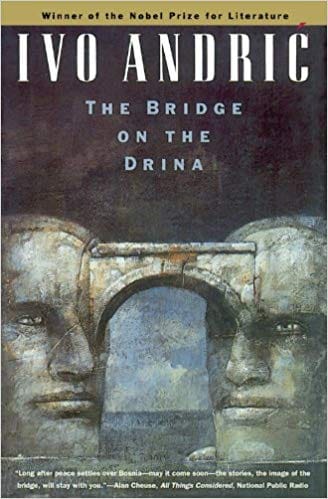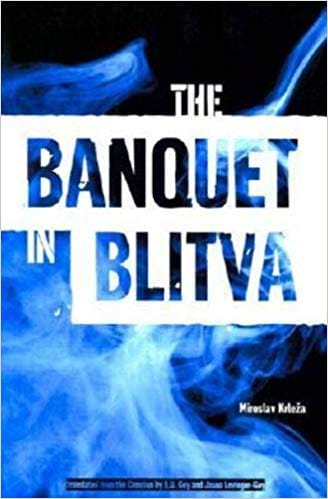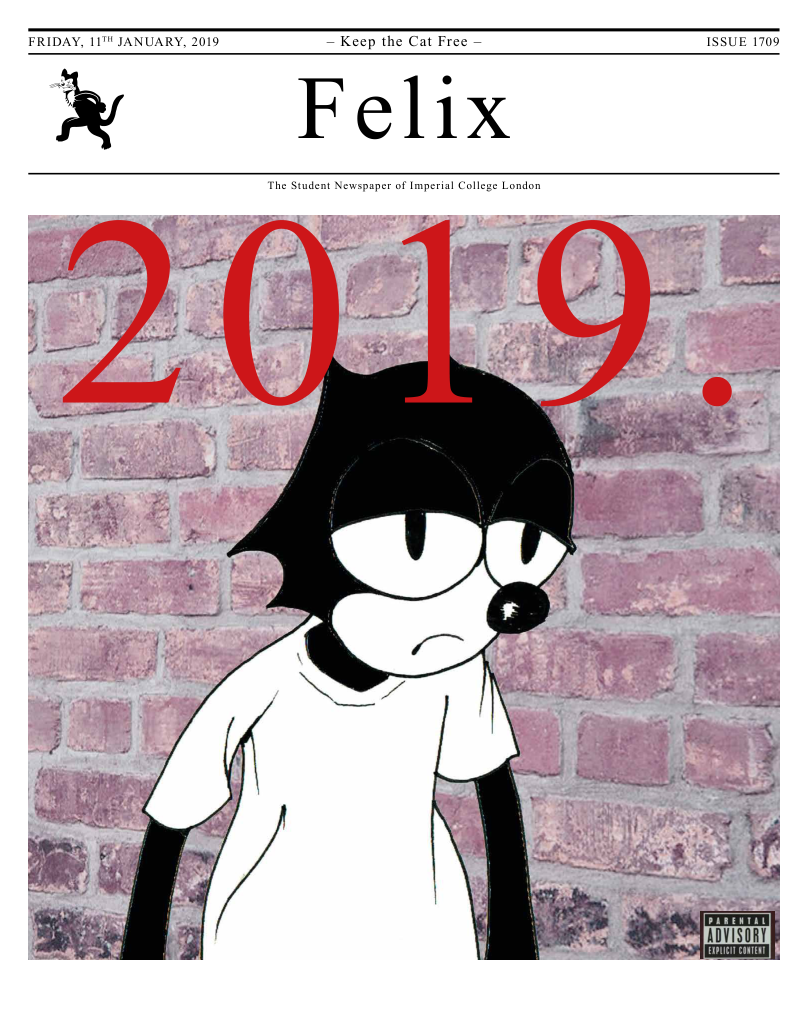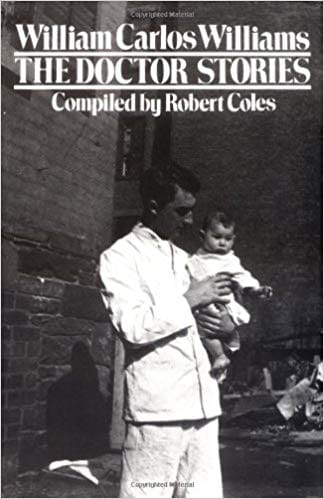Of Missed Opportunities and Vanity: Books from the Balkans
Books writer, Pavan Inguva, explores two books that shed light on the Balkans

Normally, I would start off by sharing how I serendipitously came across a beautiful bookstore or an author, or book, related to the country I am travelling to. This isn’t one of those occasions. The two books I write about here came to me in a far more dubious manner. The first book was stuck in my Amazon shopping cart for months. I cannot for the life of me figure out what course of events led to its inclusion in my cart and eventual purchase. The second book came to me as I was looking for a quote by a Croatian author to use as a caption for one of the pictures I took whilst in Croatia (for the gram). Regardless of the less than ideal circumstances in which I came to know of these authors and books, they are remarkably profound reads, shedding light on the Balkans, a region with tremendously complex history and geopolitics.
The Bridge on the Drina by Ivo Andric

Andric, born in Bosnia, received the Nobel prize for literature in 1961 and this is his best-known work. The focal point of the book is the titular bridge spanning the river Drina in Visegrad, Bosnia. Andric chronicles the life and times of the people of the town as it occurs around this bridge over several hundred years from before the bridge was built in 1577 up-to the start of World War 1 in 1914. Due to its remarkable construction, the Mehmed Pasa bridge serves as an excellent symbol for permanence and is an UNESCO world heritage site today. Andric skillfully portrays the human experience by introducing and developing multiple characters during each time-period, providing continuity where appropriate. The ensemble of diverse characters outlines both the commonalities of experiences we share, and also the variety of responses we may have to changing times as a function of different ethno-religious, socio-economic and personal factors. We often think of places like Sarajevo or Istanbul as being the central points where the winds of change blow the hardest during the periods of the Ottoman and Austro-Hungarian empires. This is certainly true from a macroscopic, historical point of view, but Andric takes a completely different approach, focusing on how a smaller township and its racially and religiously diverse people adapt and interact with the changing times. I found this approach incredibly humanising and historically informative, which arguably is one of the primary appeals of historical fiction.
The one thing I regret from this read was that I did not take the time to visit said bridge whilst in Bosnia. As I was standing in the location where Archduke Franz Ferdinand was shot in Sarajevo, I was in awe of the fact that I was standing in the same location where one of the 20th century’s most defining moments took place. I would imagine that after having read Andric’s work, having felt the richness of human experiences and history on the bridge, the feeling of awe when I visit will be similar.
The Banquet in Blitva by Miroslav Krleza

“In a drop of wine, the universe sparkles.” An excellent quote from Miroslav Krleza that makes an excellent Instagram caption. At this point, I felt bad that I was willing to use one of his quotes without having read his work. So to alleviate my guilt from literary vanity, I ordered a copy on amazon. Krleza is hands down one of the edgiest authors I’ve ever read. This guy is more than willing to call a spade a spade in the crudest manner good literature permits. The state of flux and political climate of central Europe in the 20th century has unfortunately given many a talented author keen insight into power and human nature and Krleza’s work serves as an excellent example of this. Whilst this series is a trilogy, only the first two books are available in English as a set.
The book is set in the fictional Balkan state of Blitva pre-WW2 with an arguably stereotypical troubled founding story following the fall of the Austro-Hungarian empire. The book focuses on Colonel Kristian Baruntanski, the dictator who spearheaded Blitva’s push for independence, and Dr Niels Nielson, an intellectual and Baruntanski’s childhood friend calling for his death as a traitor to Blitva. Dr Nielson published an open letter calling for the Colonel’s head. This sparks an escalating conflict between the two, culminating in a cliffhanger ending in the second book with Nielson fleeing to neighboring Blatvia. This conflict served as a thinly veiled satire on how nationalism has panned out in the region, both ideologically and practically. Several ancillary characters such as Major Georgis, Baruntanski’s hitman, were also well developed, helping to characterise the inherent contradictions in human nature and the divergent interest various stakeholders may have in relation to political structures and action. Overall, Krleza has put together a complex and edgy read. Power through and you are rewarded with a remarkable insight into variety of topics.









